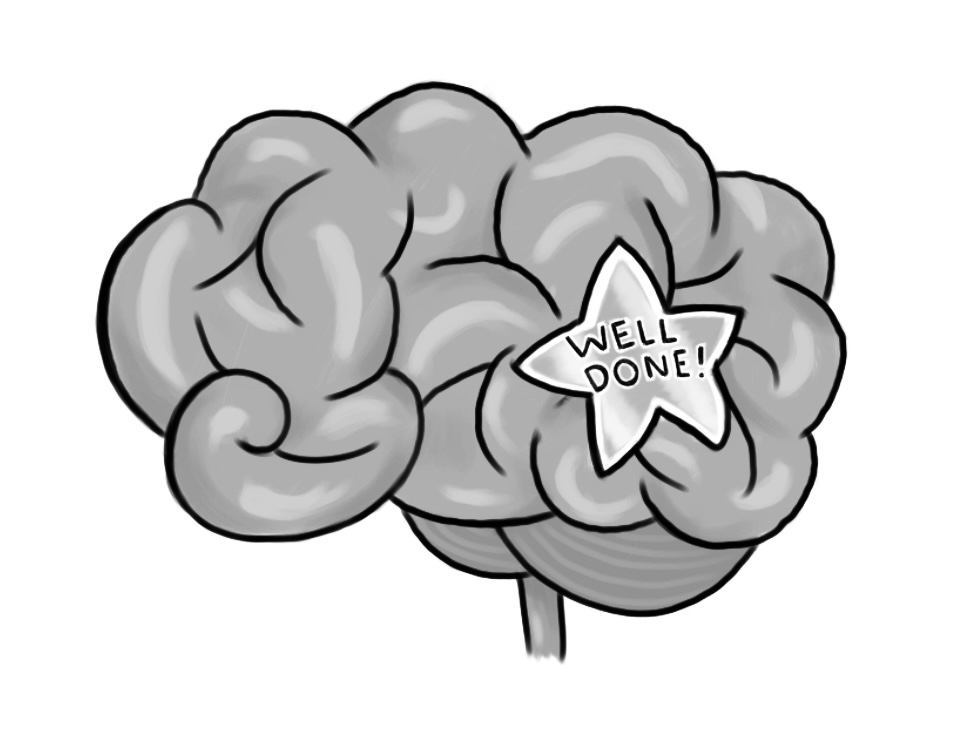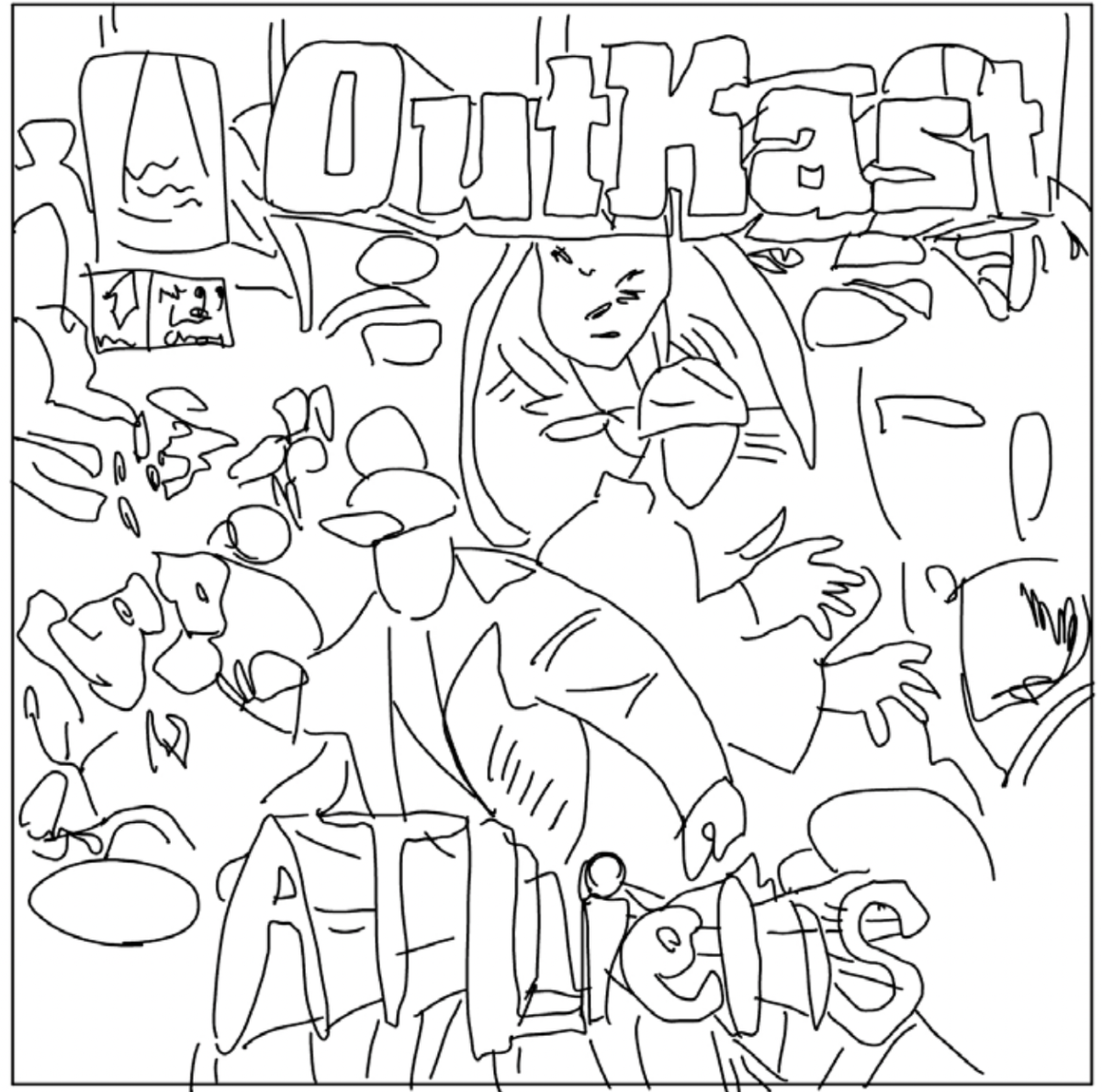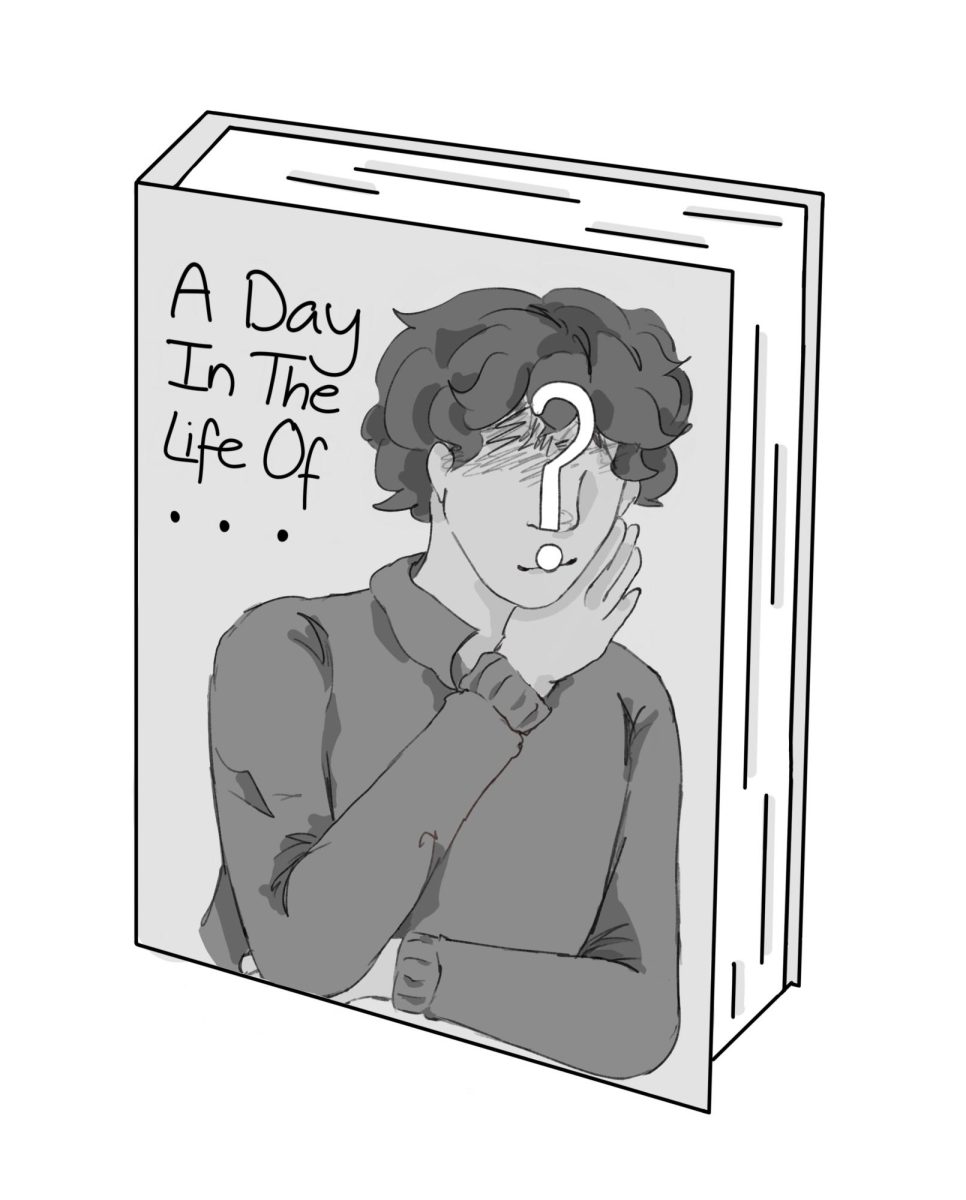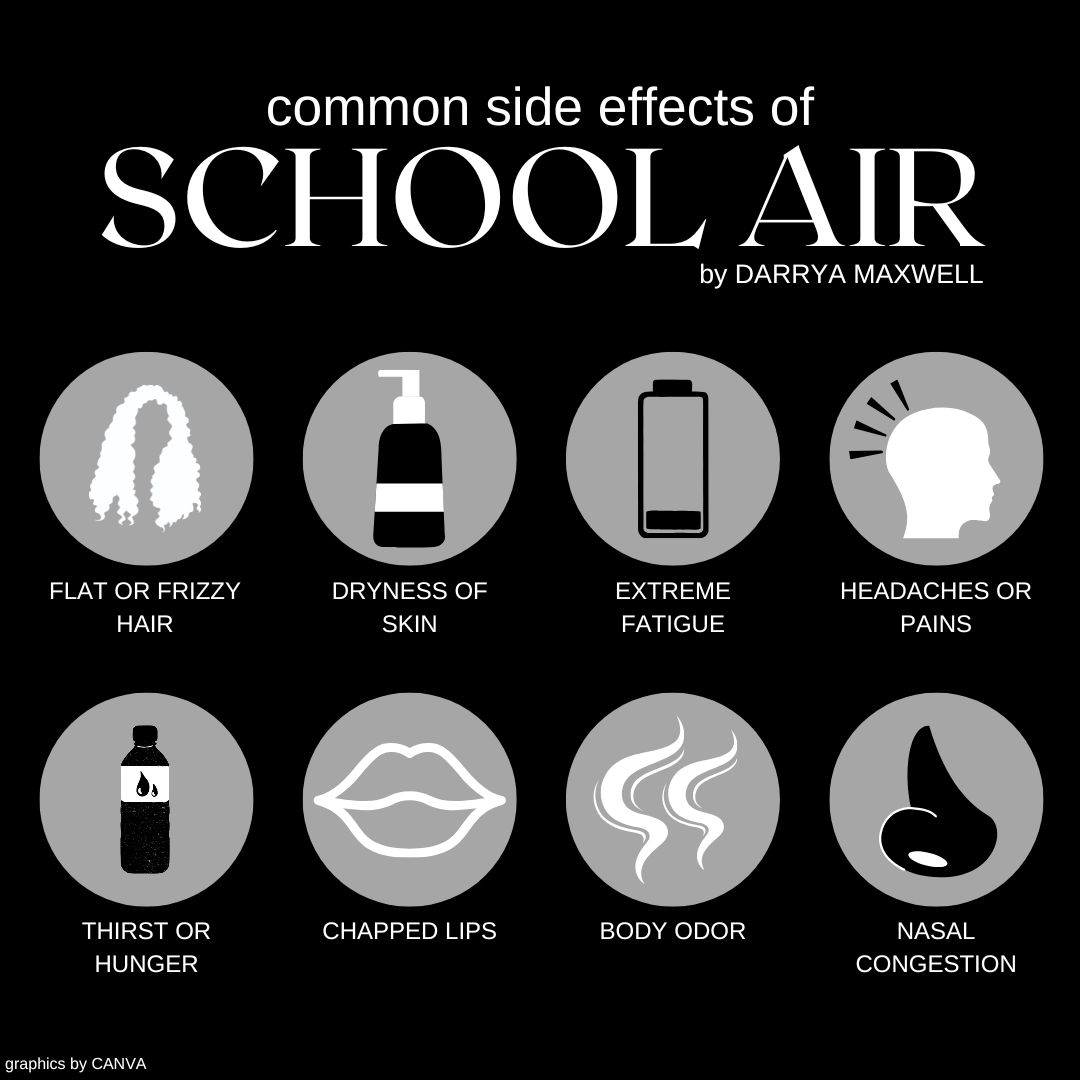What’s Happening in Syria
In April 2011, mass protest against Syrian dictator Assad was sparked, supported by jihadists unhappy with Syria’s secular government and those looking to spread democracy.
The reasons behind the protest run deep. The rebellion force is mainly fighting to rebalance the power that was disrupted by the artificial Middle Eastern borders that were created by European nations following World War I. Europe’s desire at the time was to colonize and assume territory as a reward, lassoing a myriad of religious and ethnic groups (that would not have aligned naturally) together in the process. Today, the problem is that the Syrian government is run by Alawites, a minority group that doesn’t grant the Sunni Arab (the majority of the Syrian population) the same privileges they provide Alawites.
So why is the situation in Syria, which is now a civil war, so volatile? Well, the government’s military responded by opening fire, a staggering overreaction to the protest that has left 100,000 Syrians dead and roughly 2 million refugees, half of which are children. This act isn’t surprising coming from an unstable government that has only been able to sustain itself on cruel and repressive measures.
Russia is one of Assad’s most important allies. Russia’s last foreign military base is located in Syria, and has interests as a nation to block international action, partly due to the fact that Russia still has not lost its Cold War mentality.
News has recently broken that civilians have died due to the use of chemical weapons. The chemical weapons are only responsible for a minority of the deaths, and now nobody is really sure which side was using them. So, what’s the big deal? Why is this the reason the US is becoming involved in Syria, and is it worth it? In modern warfare there seems to be one underlying principle: that the use of chemical weapons is off limits. If chemical weaponry were introduced as a fair means of war, it would result in way more death and destruction with little probability of ending the war swiftly.
To set an example to the world, President Obama wants to use military strikes to punish Assad for using chemical weapons. But the UK Parliament and Germany refused US efforts to build a coalition. What has raised the stakes for the US is that Russia has made claims that it will shield Syria. The Russians have also proposed the idea that it was the rebels who used chemical warfare on their own fighters, as a way to trick the US into responding and helping their cause.
There are very few options- sending arms to rebels could launch a third world war, while a military air strike or ground invasion could entangle the US in another war for several years and open a vacuum of power as Assad steps out of the picture. Allowing the use of chemical weapons to go unpunished could exacerbate the number of deaths in all future conflicts, and have damaging implications as it would mean that no rules of warfare exist.
The potential disastrous outcome of the situation is Syria is much greater than the typical damage of a country recovering from civil war. Even eventually when the conflict cools, Syria’s society, built on an ancient and diverse culture, will be in ruins. It may be near impossible to put the pieces back together, not just of the nation but the concept of modern warfare itself.




































